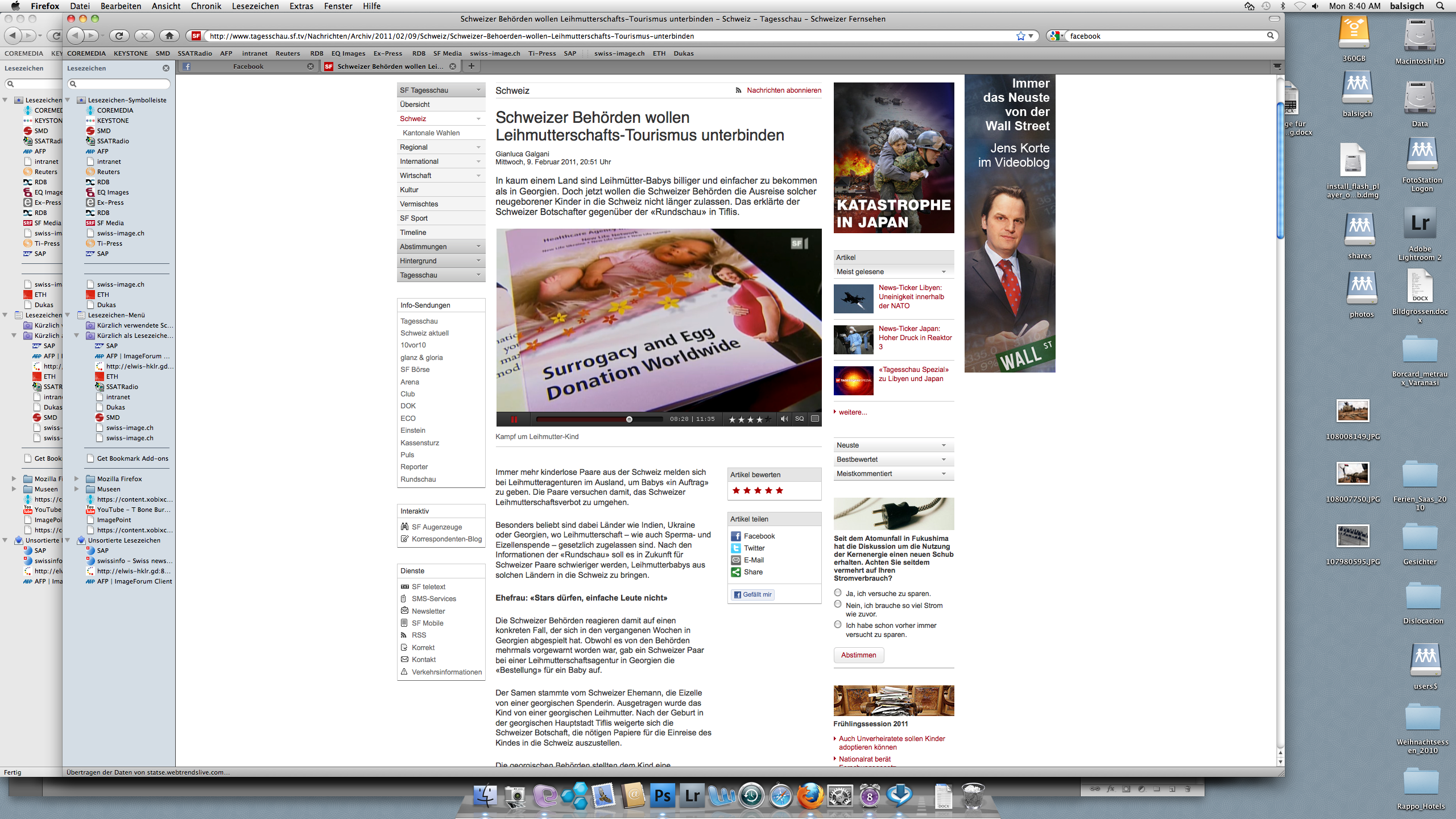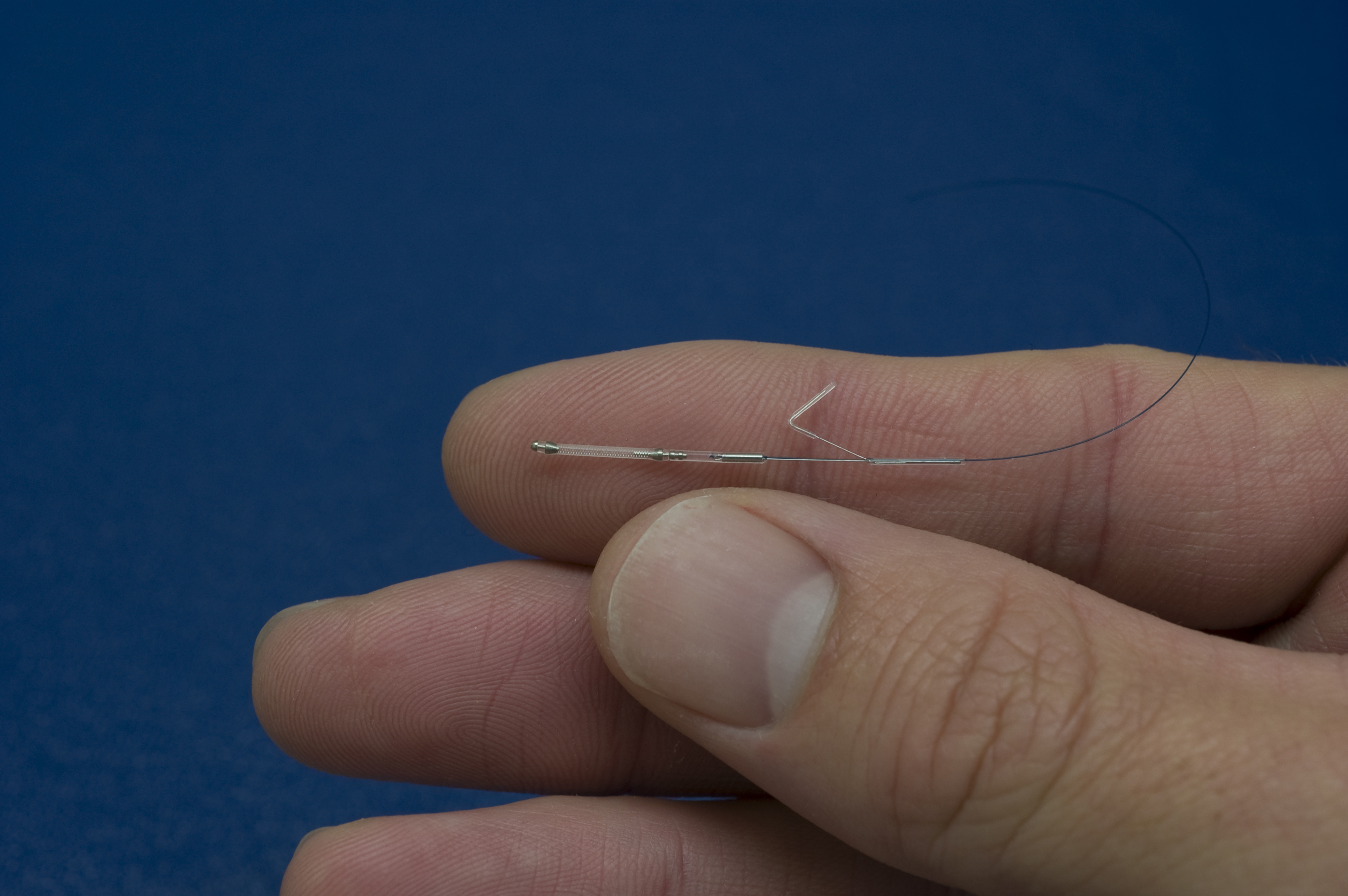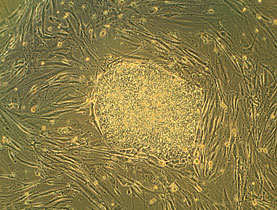Genetic screening of embryos to be allowed

The Swiss government has agreed that embryos created via in vitro fertilisation (IVF) can, under strict conditions, be screened for genetic disorders. A proposal to amend the constitution is to be developed for spring 2013, announced the government on Thursday.
Currently banned in Switzerland, pre-implantation genetic diagnosis (PDI) would be allowed only for couples with genetic disorders, who are at risk of passing a serious hereditary disease on to their child.
In such cases, couples would be permitted to create eight embryos per IVF cycle instead of the current three. This would give these couples the same chance of implanting a healthy embryo as those couples which do not have genetic disorders, the government said.
Embryonic screening for any other reason – such as creating a genetic-specific baby to enable gathering of tissue to save an ill sibling – will not be allowed.
The cryopreservation of embryos created by all couples using IVF will also be permitted under the changes to the law, with the aim that couples will choose to implant only one embryo at a time. This measure aims to limit the number of pregnancies involving twins, triplets or more, which present higher health risks for both mother and babies.
In a statement, the government said the change would mean amending article 119 of the constitution – which governs medically assisted procreation and genetic technology for humans. It said it had asked the interior ministry to develop a proposal to put to parliament to amend the law.
The government said its proposed amendments to the law on medically assisted procreation had received approval from participants in its consultation process.
Any change to the constitution in this area will have to be put to a popular vote.

In compliance with the JTI standards
More: SWI swissinfo.ch certified by the Journalism Trust Initiative











You can find an overview of ongoing debates with our journalists here . Please join us!
If you want to start a conversation about a topic raised in this article or want to report factual errors, email us at english@swissinfo.ch.